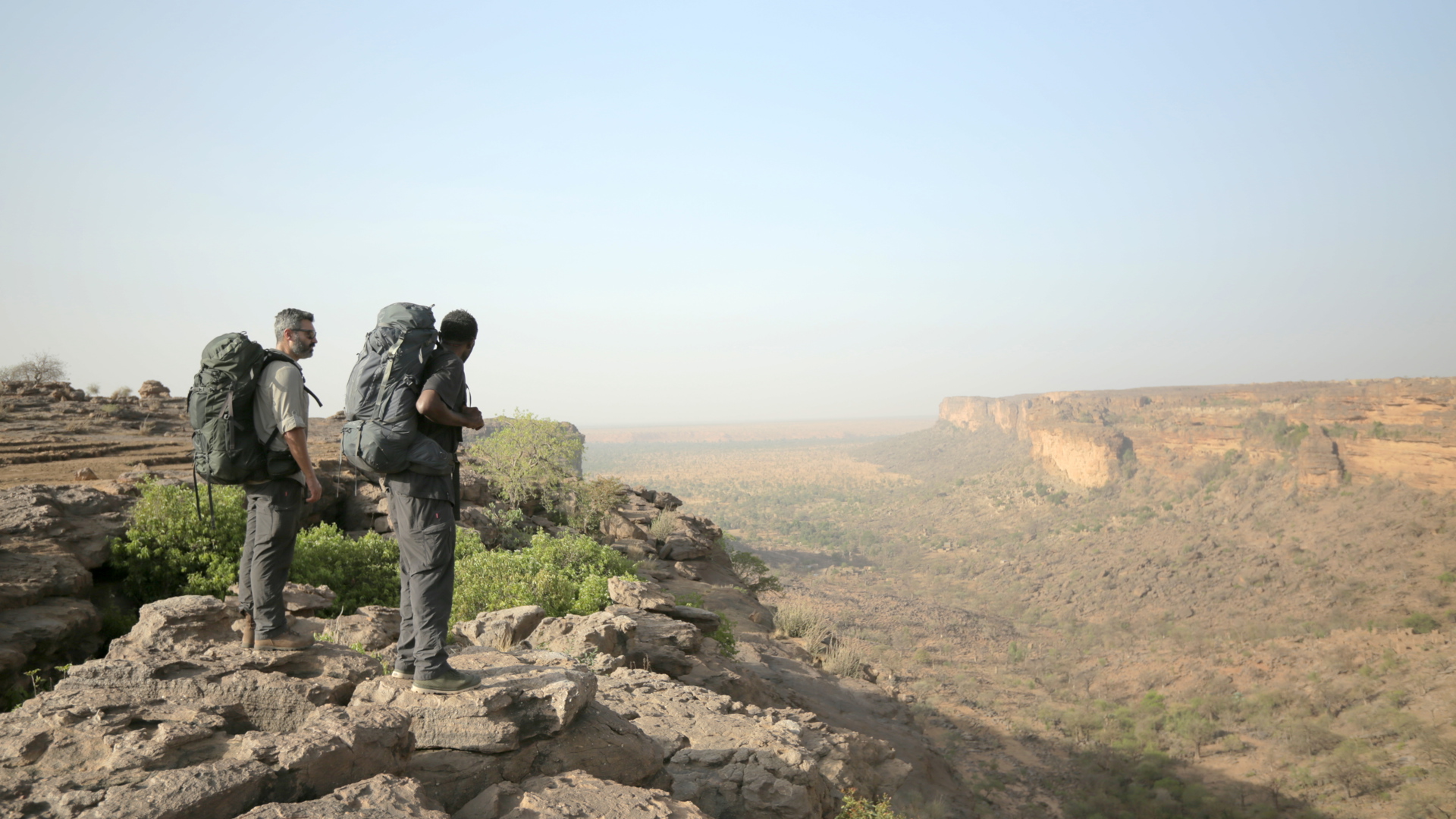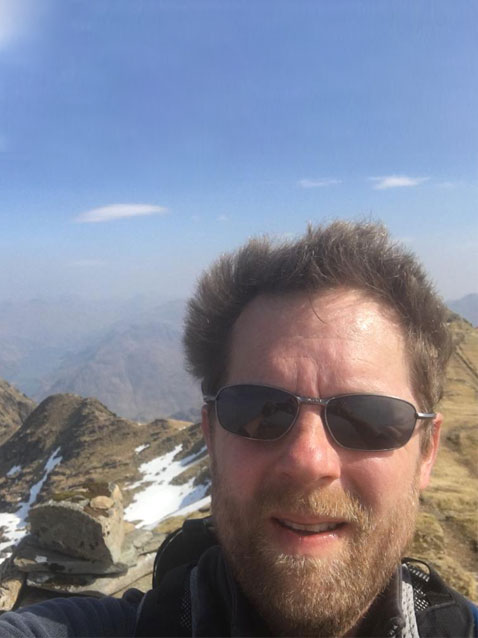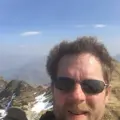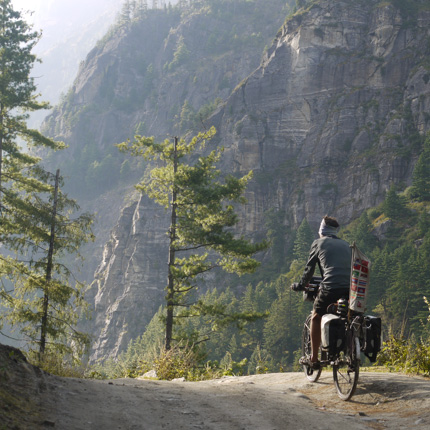Published on 22nd November 2019
Earlier this year, filmmaker Reza Pakravan completed an epic 5,000-mile traverse of Africa’s troubled Sahel region. He tells Ben Willis about how, despite war, terrorism and environmental breakdown he still found hope for the future and a rich cultural heritage surviving amidst the chaos








